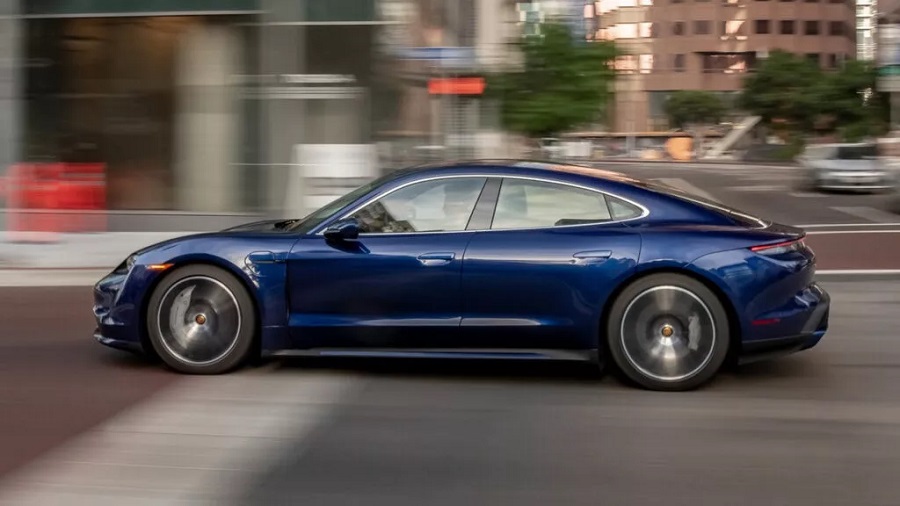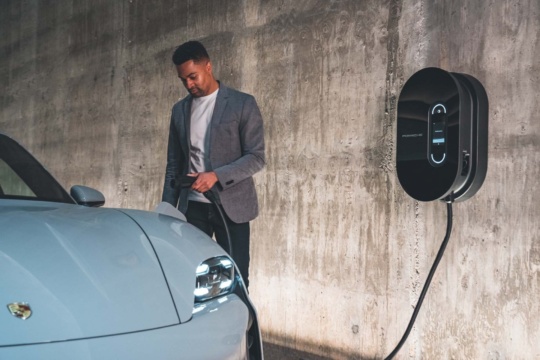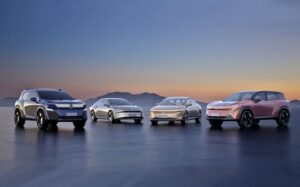In the medium term, Porsche anticipates the capacity to manufacture electric vehicles surpassing a range of 807 miles (1,300 km), without resorting to solid-state batteries, a technology presently being developed by the automaker.
According to the German car manufacturer, Porsche, one method of optimizing electric vehicles involves optimizing the anode. Currently, Porsche utilizes graphite as the active material for the anode; however, the company is in the process of developing silicon anodes. Porsche asserts that silicon anodes provide storage capacity that is up to 10 times greater, and cells equipped with these anodes could be charged from 5 to 80% in under 15 minutes, demonstrating fast-charging capabilities.

However, there exists a certain challenge associated with silicon anodes, as observed by Porsche. The carmaker highlights that when silicon particles absorb lithium, they expand by 300%, resulting in a potential decrease in the battery’s lifespan. To address this concern, Porsche is presently engaged in the development of anodes composed of up to 80% silicon. Furthermore, the company is actively undertaking extensive research aimed at augmenting the proportion of nickel in the cathode, thereby enabling enhanced charging capacities.
Professor Maximilian Fichtner, Director of the Helmholtz Institute Ulm and Head of the Energy Storage Systems research unit at the Karlsruhe Institute of Technology, envisions that in the foreseeable future, the convergence of advanced anode chemistry and compact cell packaging will facilitate an impressive vehicle range of 1,300 km (807 miles).
And according to Dr. Falko Schappacher, the Commercial and Technical Director of the MEET Battery Research Center at the University of Munster, it is his belief that premium vehicles will witness a notable enhancement in range, ranging from 30 to 50 percent, in the forthcoming future.
Similar to numerous other automotive manufacturers, Porsche is making substantial investments in the advancement of solid-state battery technology. The researchers at Porsche anticipate that these batteries will exhibit a 50% increase in energy density, resulting in notably faster charging durations.




